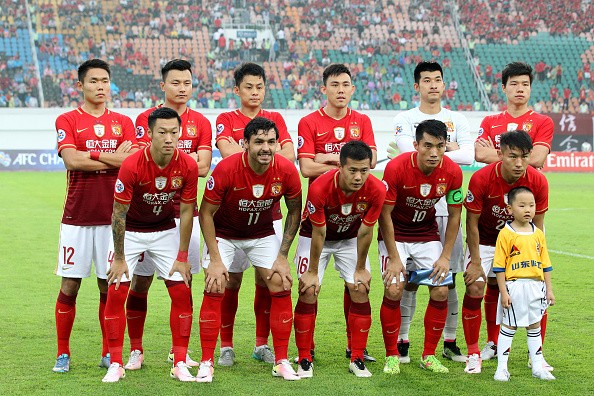The Communist Party of China's Central Commission for Discipline Inspection, the country's graft watchdog, called on the sports ministry--yet again--for not taking the nationwide campaign against corruption seriously, Reuters reported.
The graft-busting body summoned 17 ministry discipline officials on Wednesday to discuss the matter and ask them if they are following the rules laid out by the party for its anti-corruption campaign.
According to the results of the investigation, some ministry departments still lack sufficient knowledge about the fight against corruption, noting that some officials are "less than enthusiastic about enforcing party discipline," the article said.
In a statement released by the body, the actions they proposed to be taken include "conscientiously [resolving] the difficult points and problems" and "[removing] oversight 'blind spots.'"
Nonetheless, the statement did not give further details about the specific problems the body found nor the people who may face sanctions and punishment.
As part of its extensive battle against corruption, the country has also been aggressive in eradicating corruption even in the local sports industry, especially within soccer, which has been under fire for match-fixing scandals.
Last year, China encountered two new sports corruption scandals when Xiao Tian, the country's deputy sports minister and a member of the local Olympics committee, and another then-volleyball chief were probed.
The graft watchdog further revealed that the inspectors dedicated to the sports ministry had "sent teams to departments dealing with swimming and gymnastics, among others," Reuters said.
In 2015, Chinese sports minister Liu Peng pointed out that if the country really wants to weed out corruption, it should ditch its gold medal obsession. At the 2008 Beijing Olympics, China had the most number of gold medals, while it came second behind the U.S. during the 2012 London Olympics.
Reuters noted that, generally, Olympic medals are won "by a minority of government-supported athletes who receive huge backing from the state." Failure to bring home gold or any feat is often accompanied by massive public pressure.



























